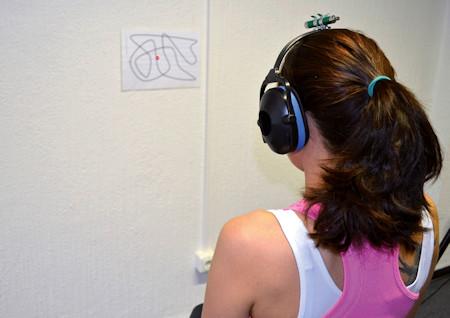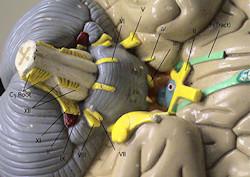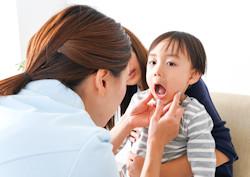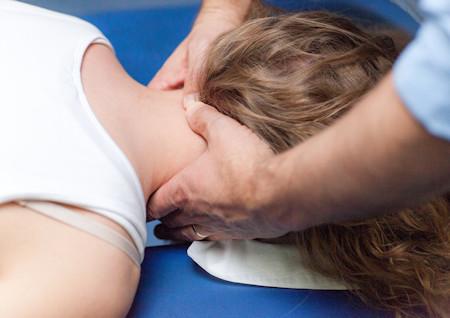This 8-10 day* course + Online module has the following contents:
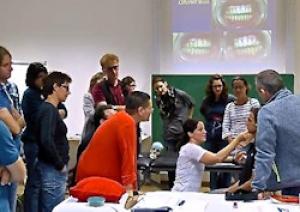 Module #1 – Temporomandibular region
Module #1 – Temporomandibular region
Temporomandibular dysfunction and its functional relationships
This seminar focuses on the subjective and physical examination, assessment and treatment techniques of the temporomandibular region.
Updated information about the neurobiological and anatomical function of the temporomandibular region will also be presented.
| Theory: | Practical: |
|
|
Module #2 – Craniofacial region
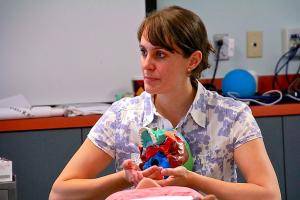 Craniofacial Dysfunctions and Functional Relations
Craniofacial Dysfunctions and Functional Relations
This seminar focuses on the classification of pain mechanisms, assessment, and treatment techniques of the neuro- and viscerocranium. It also gives an update on neurobiological and anatomical function of the cranium.
This course prioritizes craniofacial dysfunctions and functional relationships, the function of the cranium including physical and movement pattern adaptations (craniodynamics) using evidence based skills.
| Theory: | Practical: |
|
|
Module #3 – Cranioneural region
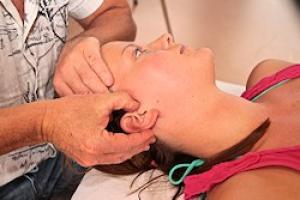 The Cranial nervous system. Assessment, Treatment and management.
The Cranial nervous system. Assessment, Treatment and management.
This course focuses on detecting clinical patterns of cranial nerve dysfunctions and neuropathies. Furthermore, conduction tests, neurodynamic tests and palpation of all cranial nerves will be presented.
Treatment techniques including mobilization, facilitation and neuromassage of the extracranial nerves will be taught in the practical parts of the course.
| Theory: | Practical: |
|
|
Online module
 The CRAFTA-Online-module is divided into three parts in accordance with the themes of the in-class-courses. Graphs, video clips and photos help the participant to acquire, revise and practice the necessary knowledge for clinical work.
The CRAFTA-Online-module is divided into three parts in accordance with the themes of the in-class-courses. Graphs, video clips and photos help the participant to acquire, revise and practice the necessary knowledge for clinical work.
It contains:
- Videos and pictures for the assessment protocol and treatments
- Detailed anatomy and physiology pictures
- Detailed patient cases with treatment protocols
- Various practice questions
(*The number of course days varies between course centers depending on several factors, e.g. hours taught per day, translation needed, amount of online teaching.)
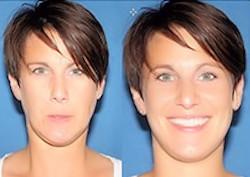
Facial expression
Facial expression and laterality, Assessment, Evaluation and Rehabilitation
Read more..

Examination and preparation
Aim of the certification is to assess, if the capabilities of the craniofacial..
Read more..
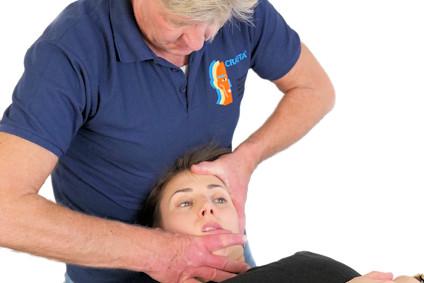
Update Craniofacial Dysfunction and Pain
This advanced course provides a comprehensive update of the knowledge and skills ...


